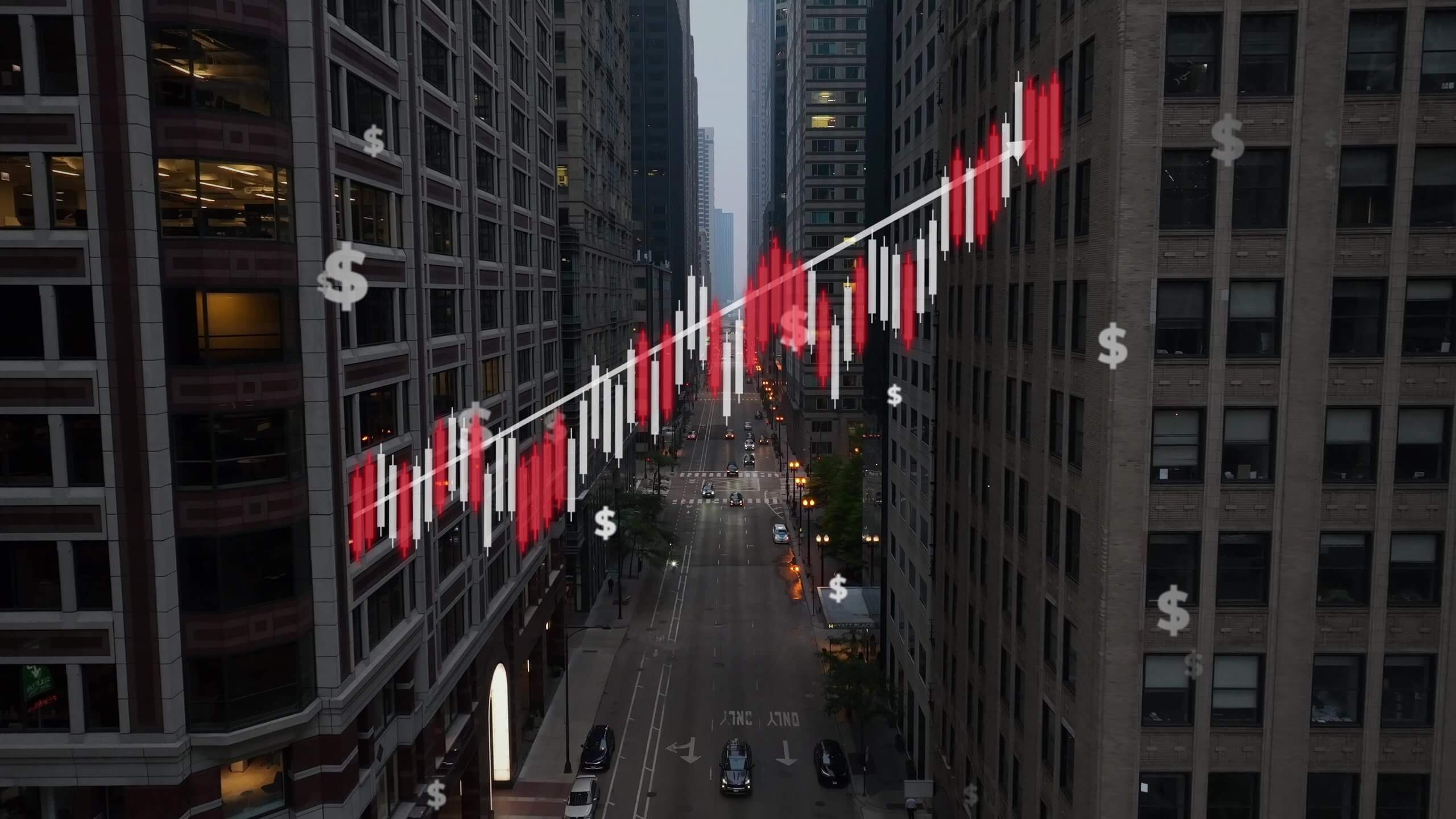Capitalizing on TXSE: What CFOs and Finance Executives Should Know
For CFOs and finance executives, the upcoming launch of the Texas Stock Exchange (TXSE) represents more than a new trading venue, it’s a clear signal that the financial center of gravity in the U.S. is shifting.
Backed by institutional investors including BlackRock and Citadel Securities, the TXSE is expected to debut in 2026, offering mid-sized and large-cap companies a pro-business alternative to legacy exchanges. As Dallas emerges as a major financial hub, Texas, already home to one in ten publicly traded U.S. companies, is redefining how American capital markets operate.
According to Bloomberg, the exchange has already raised about $120 million from investors who see long-term advantages in Texas’ business-friendly climate, streamlined regulations, and fiscal stability.
Texas: A Proven Leader in Business and Capital Markets
With a $2.77 trillion economy, Texas is the eighth-largest economy in the world—ahead of Italy, Russia, and Canada. The Lone Star State is home to 52 Fortune 500 headquarters, 3.3 million small businesses, and a financial sector that continues to outpace national growth averages.
Ranked the Best State for Business for 21 consecutive years by Chief Executive Magazine, Texas’ reputation for low taxes, practical regulations, and world-class infrastructure continues to attract global investment and top-tier financial talent.
According to the Texas Economic Development Corporation, Texas offers companies:
- No personal or corporate state income tax
- Competitive incentives and financing programs
- A young, skilled workforce exceeding 15 million
- The largest transportation and export infrastructure in the nation
This powerful combination of fiscal efficiency and strategic accessibility makes Texas the preferred destination for corporate headquarters, financial services firms, and capital market innovators alike. Learn more about the tax incentives for businesses in Texas that continue to drive investment and expansion across industries.
Why the TXSE Matters for CFOs and Finance Executives
The Texas Stock Exchange is designed for forward-thinking finance leaders who seek efficient access to capital, market credibility, and long-term stability in a pro-growth environment.
1. Improved Access to Capital
TXSE will provide a more accessible and cost-effective platform for public listings—especially for mid-sized companies seeking liquidity and visibility. Located in the central U.S., it allows organizations to connect directly with investors and capital markets across time zones.
2. Competitive Regulatory Framework
Built on Texas’ foundation of pragmatic regulation, the TXSE aims to reduce compliance burdens while maintaining high standards of market integrity. For CFOs, this means a more agile, transparent, and cost-efficient alternative to traditional exchanges like the NYSE or Nasdaq.
3. Investor Confidence
With backing from some of the world’s largest financial institutions, including BlackRock, Citadel Securities, and Charles Schwab, the TXSE launches with instant credibility and institutional trust. Reuters calls the TXSE “a bold bet on America’s fastest-growing business economy.”
4. Strategic Location and Talent Pipeline
Anchored in Dallas, one of the fastest-growing metros for finance and technology, the TXSE benefits from abundant financial services talent, international connectivity, and a cost of doing business far below coastal averages.
For CFOs and finance executives, this translates into greater efficiency, reduced overhead, and access to a deep, skilled talent pool in a state built for growth.
The Broader Texas Advantage
The TXSE is the latest example of how Texas continues to attract capital, talent, and innovation at a record pace, underscoring the long-term economic strength in Texas and its expanding role in global finance.
Economic Strength
- Texas contributes more than 10% of total U.S. GDP and has led the nation in exports for 23 consecutive years.
- The state’s financial services sector has added tens of thousands of new jobs since 2021, outpacing national averages.
- Chief Executive Magazine consistently ranks Texas as the top destination for corporate relocations and expansions.
Infrastructure and Connectivity
With 23 seaports, 380 airports, and 313,000 miles of highways, Texas offers unmatched connectivity for trade and investment.
- The Port of Laredo is the #1 port in the U.S. by trade volume.
- Texas maintains 35 foreign trade zones, more than any other state.
These logistics advantages support financial stability, lower operating costs, and scalable growth, critical factors for finance leaders evaluating new markets.
Business Incentives
Companies expanding or relocating to Texas can access a range of state and local incentives designed to reward job creation and investment, from tax abatements to performance-based grants. Smaller enterprises benefit from small business benefits in Texas that foster innovation, workforce training, and long-term community development.
Texas: The Future of Finance
As the Texas Stock Exchange prepares for its debut, momentum continues to build across the state’s financial landscape. From Fortune 500 leaders to fintech startups and venture capital firms, companies are choosing Texas for its innovation-friendly ecosystem, regulatory clarity, and unmatched economic resilience.
For CFOs and finance executives, the opportunity is clear: Texas offers access to capital, talent, and markets, backed by a $2.77 trillion economy and a 21-year record as the nation’s Best State for Business.
Texas isn’t just participating in the future of finance; it’s defining it.
Ready to Capitalize on Texas’ Financial Momentum?
Unlock the full advantages of Texas’ financial ecosystem and the upcoming Texas Stock Exchange (TXSE). For relocation guidance, incentives expertise, and personalized expansion support, connect with the Texas Economic Development & Tourism team located in the Office of the Governor.
To learn how your organization can join TxEDC in marketing the state of Texas, visit our Investor Page.




